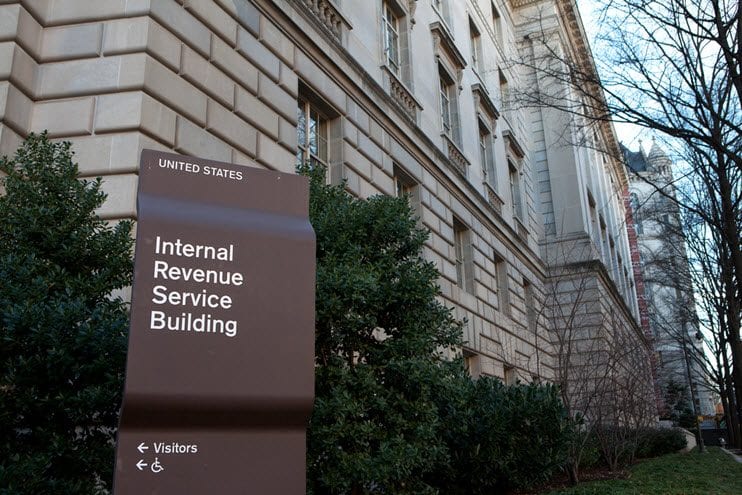IRS Pursues Non-Filers of Estate and Gift Tax Returns

The IRS believes that nonfilers of estate and gift tax returns are a major cause of the “tax gap” between taxes legally owed and those actually paid. From 1995 to 2000, estate tax returns filed increased from 86,000 to over 123,000. In 2004, only 74,000 estate tax returns were filed. The IRS is undertaking a major project to identify nonfilers of these returns.
One target is undervaluation of assets. The IRS believes low values are placed on small businesses, collectibles, and real estate. It likely will hire appraisers to value assets when that seems appropriate.
Taxpayers need to be sure they file gift tax returns when required. Making a mistake here can affect your estate’s taxes many years in the future.
Gifts of up to $12,000 per year per individual donee are tax free. But gifts above the annual exemption amount potentially are taxable, and a return on Form 709 must be filed when the annual exclusion amount is exceeded. The tax might not be due if the $1,000,000 annual gift tax exemption has not been used.
Married couples can jointly give an individual up to $24,000 annually tax free. But each spouse must file a return to show that each consented to the split gift. If each writes a separate check or gives separate property of up to $12,000, a return need not be filed.
Gifts below $12,000 might have to be reported if they are not of present interests. If a gift has restrictions, whether given to a trust or not, it might not qualify for the annual exclusion and could be taxable from the first dollar.
Not all gifts are reportable. Gifts that are legal support obligations of minors are not reportable, including food, shelter, medical care, and clothing.
Filing a gift tax return is like insurance. Once the return is filed, the statute of limitations starts running. The IRS has three years to challenge the value you placed on the property. If the value is understated by 25% or more, the IRS has six years to make a challenge.
Without a gift tax return, there is no statute of limitations. The IRS can challenge the value of gifts after your death and force your heirs to defend them. If the IRS wins, the result could be a significant increase in estate taxes. When in doubt, file a gift tax return. It could save you and your heirs quite a bit of trouble. Keep all filed gift tax returns for life. In an estate audit, the IRS can look back at all lifetime gifts.
File the returns and be sure the values placed on assets are well-documented, and you will have done much to avoid estate and gift tax problems with the IRS.
![]()





